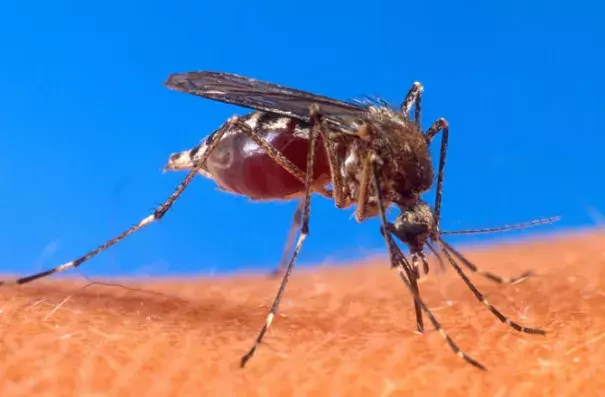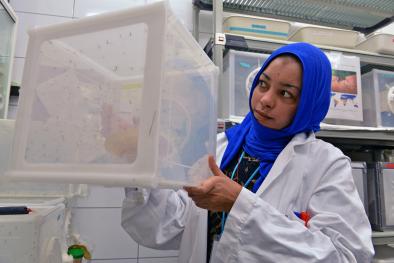Will climate change boost mosquito-borne disease?

One of the questions raised about the outbreak is whether climate change is involved. After all, it has to varying degrees also been implicated in the spread of other mosquito-borne diseases. There have been big increases in cases of West Nile Virus and dengue in the United States, while chikungunya has recently been reported in western Europe.
And if climate change is responsible, it’s easy to understand why. As temperatures around the country rise, the areas that are conducive to such mosquitoes could expand, and the insects could start to emerge earlier in the year, meaning more opportunities for bites that could spread disease. It’s notable that the 2012 West Nile Virus outbreak in the United States followed an unseasonably warm late, spring, summer and early fall
Related Content



